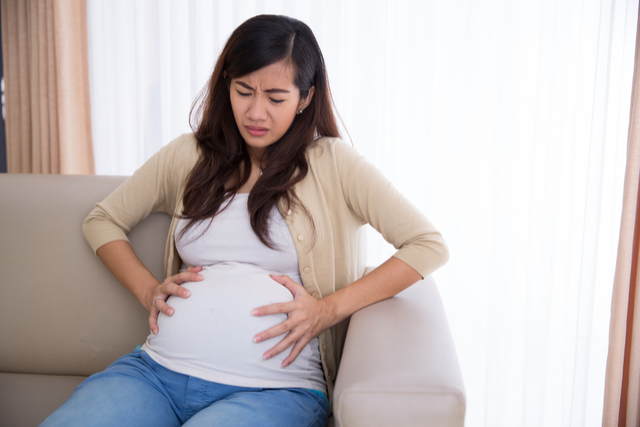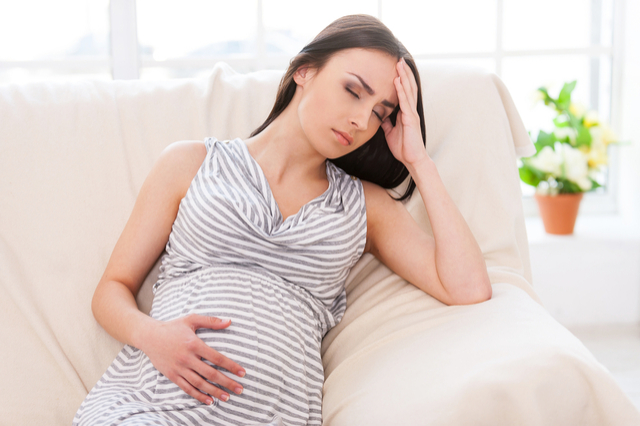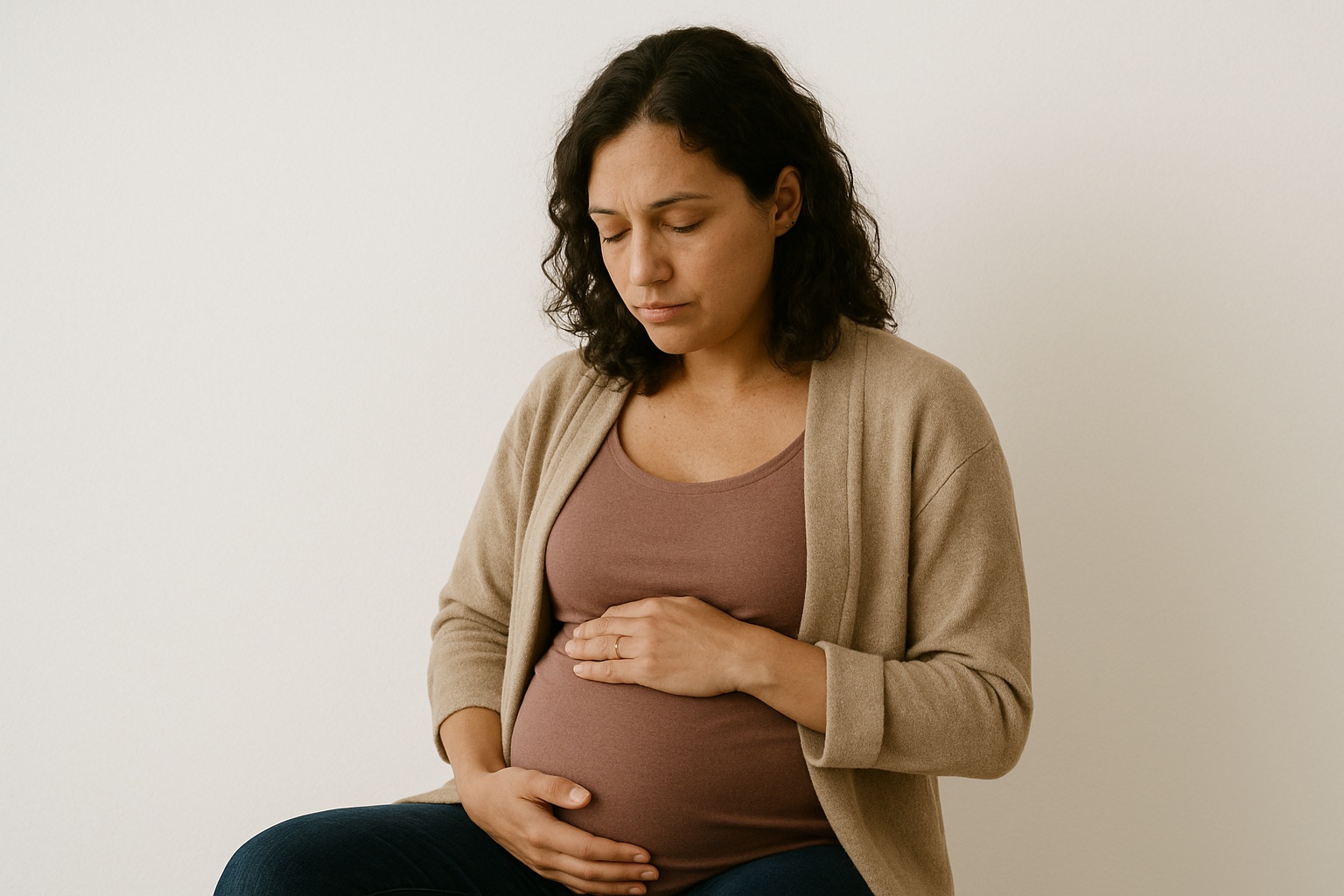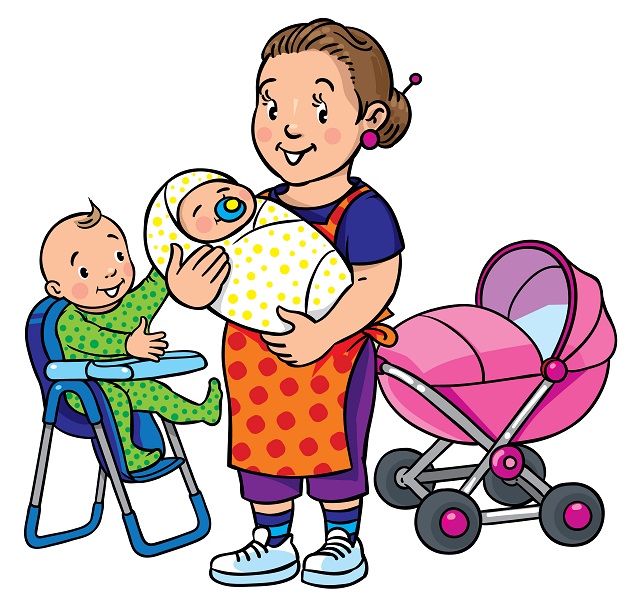Cramps During Pregnancy
Having cramps during pregnancy is a common symptom for many pregnant women. Especially during the first trimester, cramps often occur alongside the baby’s changes. However, in some cases, cramping or abdominal pain may signal problems that need medical attention immediately.
Causes of cramps that are normal:
Implantation Cramping
Some women may experience cramping when the fertilized egg implants itself in the lining of the uterus. Cramps caused by implantation is usually mild and should not be a cause for concern.
Growing Uterus
As your uterus grows, the muscles and ligaments that support your uterus stretch. This can cause mild cramps that you can feel on your lower abdomen or groin. You may feel this pain when you change your position such as getting up from a seat or bed or walking. Do not be alarmed when this happens.
Constipation during pregnancy
Constipation is another common cause of abdominal pain. Constipation is common during pregnancy due to hormone changes in the body. During pregnancy, progesterone levels are elevated, causing the muscles that squeeze food along the digestive tract to relax. This slows down bowel movement and causes constipation. If you are experiencing constipation, you should drink more fluids and include more dietary fibre in your diet. If constipation persists, consult your doctor for advice.
Gas and bloating
Similar to constipation, gas and bloating is common during pregnancy due to hormone changes that affect the digestive system and increased pressure on the stomach and intestines. If you are feeling bloated, consult your doctor on ways to relieve the bloat.
Sexual intercourse
You may experience cramps after having sex with your partner. This is because semen contains prostaglandins that stimulate the uterus and causes strong contractions. In this case, cramps are normal and should not be a cause of concern.
Causes of cramps that you should not ignore:
Miscarriage
Miscarriages usually happen when there are chromosomal abnormalities in the egg or embryo. Spotting or blood in the vaginal discharge is usually the first sign. When the egg leaves the body, it irritates the uterus and causes it to contract. This contraction thus causes you to have cramps.
Signs of miscarriage include:
- Bleeding or spotting
- White-pink mucus
- Pain in your back or abdominal pain
- Mild to severe cramps
If you experience any of these symptoms, you should consult your doctor right away.
Ectopic Pregnancy
In a normal pregnancy, the fertilized egg will move towards the uterus for implantation in the uterine lining. Ectopic pregnancy occurs when the implantation occurs outside the uterus.
Ectopic pregnancy can cause severe cramping, and may be accompanied by other symptoms such as dizziness and pain in the shoulder, pelvis and neck. Ectopic pregnancy is a serious condition which could cause pregnancy complications. You should consult your doctor immediately if you notice any signs of an ectopic pregnancy.
Preeclampsia
Preeclampsia is a condition whereby pregnant women have high blood pressure and protein in the urine. It usually occurs after 20 weeks of pregnancy, and it happens to 5-8% of pregnancies. Serious preeclampsia can cause intense pain in the upper abdomen, accompanied by blurred vision, shortness of breath and urinating very infrequently. If you are experiencing these symptoms, you should consult your doctor.
Placental Abruption
The placenta carries oxygen and nutrients to the baby. Placental abruption happens when the placenta separates itself from the uterus. When this happens, you may experience a painful cramp that does not go away. Consult your doctor immediately as this is a serious condition that may be fatal for the baby.
Preterm Labour
If you have not reached 37 weeks of pregnancy but are experiencing six or more contractions in an hour, it could be a sign of preterm labour. Other signs of preterm labour include changes in vaginal discharge such as an increase in volume and a thicker consistency. In this case, notify your doctor immediately.
Whenever you experience severe cramps or prolonged cramps, call your doctor right away. Do not attempt to diagnose and treat yourself.
Common Questions about Cramping During Pregnancy
Question 1: How do I differentiate period cramps and pregnancy cramps?
Answer: Cramping due to pregnancy is usually light/mild as compared to cramping due to period. However, it may be hard for many women to differentiate the two. Hence, if you experience other symptoms of pregnancy such as a missed period or sensitive breasts, it is suggested that you carry out a pregnancy test to confirm whether you are pregnant or not.
Question 2: There are so many different causes of pregnancy cramping. How do I know whether it’s a problem or not?
Answer: If you experience cramps that persist, very severe cramps, or cramps that are accompanied by other symptoms such as blurred vision, fatigue, dizziness, bleeding, spotting, changes in vaginal discharge etc, you should consult your doctor immediately. Always consult your doctor whenever you are uncertain; it’s better to be safe than sorry!
It takes a village to raise a child !
Join our Facebook Group For 2025 SG Mummies or Facebook Group For 2026 SG Mummies
2024 SG Mummies Whatsapp Group by EDD Month or 2025 SG Mummies Whatsapp Group By EDD Month









